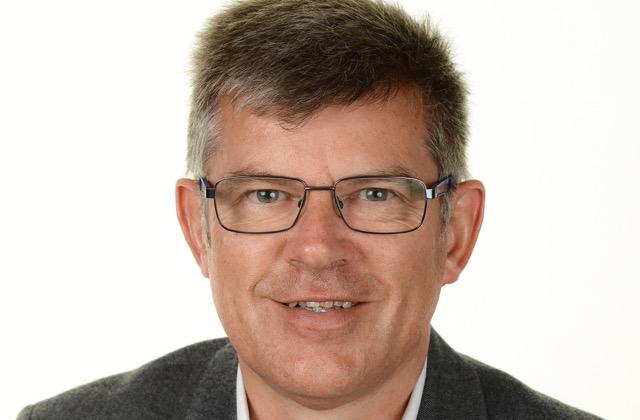In his latest column for SIPPs Professional, SSAS expert Martin Tilley looks at why the DWP may be damaging the SSAS sector with a lack of clarity on its £10,000 General Levy plan.
It has been great to see the Association of Member-Directed Pension Schemes (AMPS), the industry body representing SIPP providers and SSAS administrators, putting pressure on the DWP to set out a timescale for a decision on the General Levy.
It would appear that when questioned the DWP did not have a timetable and could not suggest when we might see more clarity. But on the other hand, I am told that there has been a suggestion that it could be announced in line with the Budget, scheduled for 6 March. Clarity is imperative and rumours of when it may be announced are just not helpful to anyone.
It is fair to say that the DWP consultation on the General Levy took the SSAS sector by surprise. In particular as three options were outlined, one of which is that an additional levy of £10,000 would be payable by schemes with less than 10,000 members. This of course catches SSAS schemes and while I hope that common sense prevails and the DWP puts in an exclusion for SSASs, you can never be too sure.
As this is a consultation and there is no timetable for the next stage, this period of waiting for the DWP’s response to the industry feedback is causing uncertainty in the market. SSAS administrators and professional advisers are reporting that business owners are pausing any decisions on the establishment of new SSASs until this issue is clarified and it is clear that a SSAS will avoid the £10,000 General Levy.
It is believed that around one in five SSAS pipeline cases that were progressing at the end of last year have paused, pending the outcome of the consultation and anecdotally I have heard that it may be more for some firms. This is clearly to the detriment of these client’s businesses in that without making the contribution, they could be suffering a higher tax bill and members run the risk of the potential loss of one year of carry forward allowance.
Coincidentally, one of the arguments put forward for consideration by the DWP in setting the General Levy for SSASs was their unique governance requirements, whereby all members are trustees, and, in most cases, a professional trustee sits alongside them.
However, a recent Pension Ombudsman decision, upheld against a SSAS professional trustee, re-emphasised the need for high levels of expertise and the fiduciary responsibility required to be performed by a professional SSAS trustee. Certainly, perhaps the smaller firms without the depth of expertise may have to invest if they intend to continue in the market.
With pressure on these SSAS administration firms, in particular with new business being more difficult, and therefore potentially lower revenue, we may see some of the smaller firms in the sector, and those for whom SSAS isn’t a core part of what they do exiting the market.
They are likely to realise that without providing deep support on investment expertise, due diligence, scheme constitution and legal knowledge they may not be able to completely fulfil the role of professional trustee. It may seem harsh but without investment and commitment to the sector, SSAS clients are likely to be better off with an administrator and professional trustee that are.
So, the big question is, will the General Levy consultation be one of the catalysts that creates the same consolidation that we saw in the SIPP market, with the smaller players folding up into the larger firms. If this happens, will the sector be left with a smaller number of larger administration firms, and if so, will this give the market reassurance? We'll see.
Martin Tilley is chief operations officer at WBR Group

